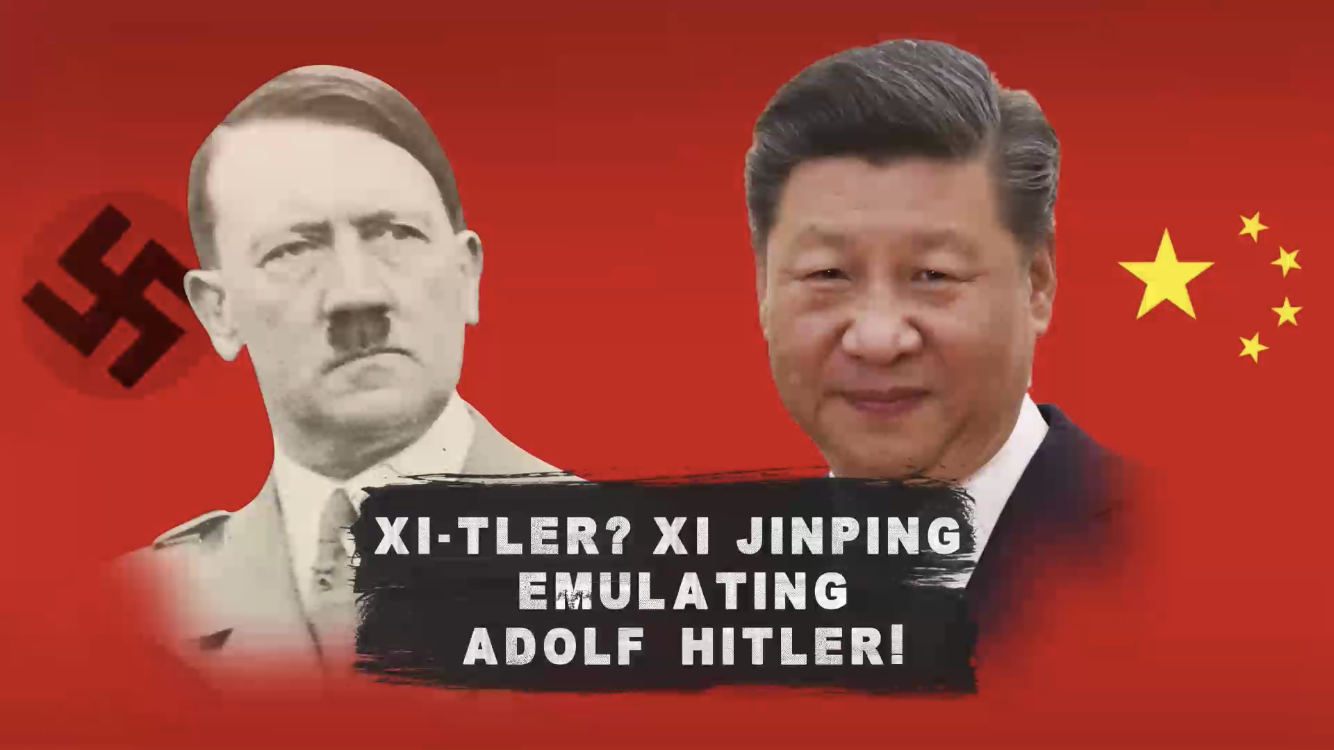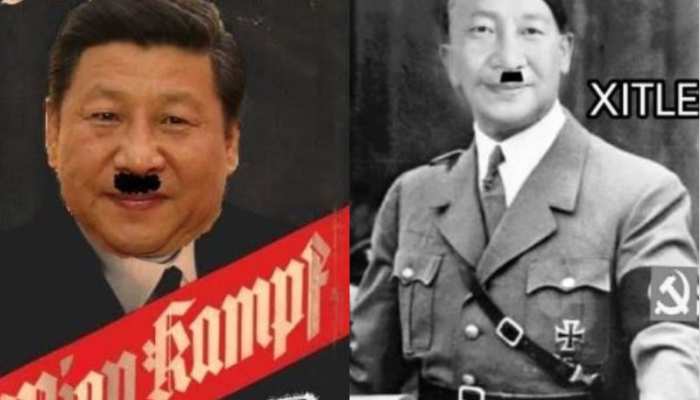
Xi directly grip China's security apparatus
At
the annual session of the National People's Congress, China's
parliament, that begins Sunday, the Communist Party's No. 2 Li Qiang is
expected to become premier. While many will be watching what policies he
will adopt to boost the economy, his most important political mission
could be the reform of party and state institutions.
 Specifically,
he will spearhead a set of measures that reduces the power of the State
Council, China's government, and transfer them to the party's Central
Committee, which President Xi Jinping controls.
Specifically,
he will spearhead a set of measures that reduces the power of the State
Council, China's government, and transfer them to the party's Central
Committee, which President Xi Jinping controls.
This includes a
reshuffle of the internal security apparatus. Hong Kong media have
reported that the Ministry of Public Security, which supervises the
police, and the Ministry of State Security, in charge of hunting down
spies, will be separated from the State Council and placed under the
party.
There was a time when Zhou Yongkang, the former boss of
China's internal security organs, was so powerful that even the
country's top leader, then-President Hu Jintao, was unable to directly
intervene in public security and police matters. Xi is determined to
change that.

The sense of urgency comes from the "white paper" and "white hair" movements. The white paper protests
were young people opposing the government's zero-COVID policy. The
white hair movement was a massive demonstration by senior citizens
opposing the reduction of benefits. Both exposed pent up public
frustrations.
If similar movements spring up in the future, they
could pose unprecedented threats to the communist regime. The
strengthening of the security apparatus is the result of such fears.




No comments:
Post a Comment
Note: Only a member of this blog may post a comment.